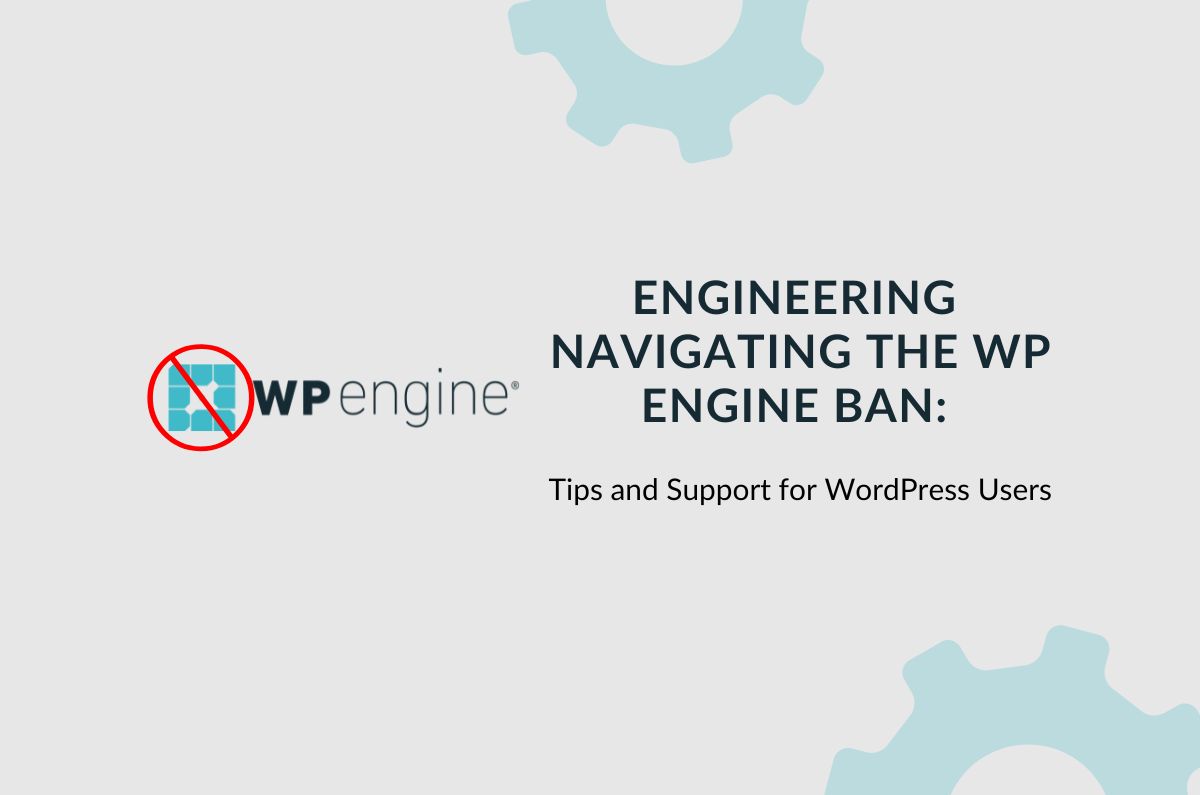It’s no secret that digital learning is the future of education. After 2020, when the global pandemic shut down all education institutes, digital learning became the sole solution for them to continue with their operations.
This further opened up new avenues for independent tutors to provide their services to nationwide students right from the comfort of their homes. This surge in digital learning is the primary reason why the US e-learning market is projected to show a growth $12.81 billion dollars by the end of 2024. As compared to other business verticals, the growth in e-learning market is exponential and projected to improve further.
If you’re a tutor, this is the right time to take your business online and leverage the benefits of digital learning. To do so, you’ll need a dedicated website that represents your business in the digital realm and showcase your services to potential prospects.
In this step-by-step guide, we have covered everything you need to know to build an online tutoring website.
Key Features of an Online Tutoring Website
Now, before we dive into the development phase, let’s first understand what features you need to build a successful tutoring website. Keep in mind that the key features can vary for different websites and mainly depend on the business model. However, here are some of the most common features you can integrate into your online tutoring platform and make it more engaging for the students.
- User-friendly Interface
A clean and intuitive design is crucial for ease of use, ensuring both tutors and students can navigate the website without difficulty.
- User Registration and Profiles
Students and tutors should be able to create accounts and maintain profiles, including personal information, qualifications, and subjects they teach or want to learn.
- Search and Matchmaking
An efficient search and matching system to pair students with suitable tutors based on subject, level, availability, and other preferences.
- Scheduling and Calendar Integration
Integrated scheduling tools that allow students to book sessions with tutors at mutually convenient times, with options for calendar synchronization.
- Communication Tools
Live chat, video conferencing, and virtual whiteboards for real-time interaction during tutoring sessions. Efficient communication is vital for effective learning.
- Payment Processing
A secure payment gateway to facilitate online transactions between students and tutors for their tutoring services.
- Progress Tracking
Tools that enable both students and tutors to monitor progress, review past sessions, and assess improvement over time.
- Content Sharing and Collaboration
File sharing capabilities that allow tutors to share study materials, resources, and assignments with students and vice versa.
- Feedback and Rating System
A mechanism for students to rate and provide feedback on tutors, and vice versa, to ensure accountability and quality control.
- Mobile Responsiveness
A website that is mobile-friendly, as many users prefer accessing online services through their smartphones and tablets.
Choosing Between a Website Development Firm vs Freelancers
When it comes to launching an online tutoring website, you can choose between two different options, i.e., either hire a dedicated website development firm or look for freelancers who boast the required expertise for the job. While making the right decision will mainly depend on your personal objectives.
Here’s a quick comparison between freelancers and a dedicated web development firm that’ll help you make the right decision.
- Expertise and Skill Set
Freelancers: You can find freelancers with diverse skill sets and expertise, including web design, front-end development, back-end development, and more. However, you might need to hire multiple freelancers to cover all aspects of your tutoring website’s development.
Web Development Firm: A web development firm usually consists of a team of professionals with complementary skills. They can handle various aspects of the project, including design, development, testing, and project management.
- Project Management
Freelancers: As a tutor, you’ll need to manage and coordinate with individual freelancers, which can be time-consuming and may require more effort on your part.
Web Development Firm: Web development firms typically have project managers who handle communication, coordination, and overall project management, reducing the burden on you.
- Communication and Support
Freelancers: Communication with freelancers might be more direct and personal, but it could also be challenging to manage if you have multiple freelancers working on different parts of the project.
Web Development Firm: Firms often have established communication channels and customer support systems, providing a more structured and organized approach to handling queries and concerns.
- Timeframe:
Freelancers: The timeline for completing your tutoring website might depend on the availability and workload of individual freelancers. Coordinating schedules can sometimes lead to delays.
Web Development Firm: Web development firms are more likely to have the capacity to handle larger projects and meet strict deadlines.
- Cost
Freelancers: Generally, freelancers may offer lower rates compared to web development firms due to their lower overhead costs. However, rates can vary depending on the freelancer’s expertise and location.
Web Development Firm: Web development firms tend to be more expensive than individual freelancers, as they have higher operational costs and may employ multiple professionals to work on your project.
How Much Does it Cost to Build an Online Tutoring Website?
The cost of developing an online tutoring website can vary widely depending on several factors, including the website’s complexity, features, design, and the expertise of the developers or web development firm you hire. As of 2023, here are some general cost estimates for different types of online tutoring websites.
Basic Online Tutoring Website:
A simple tutoring website with essential features like user registration, tutor profiles, search and matchmaking, scheduling, and communication tools may cost anywhere from $3,000 to $10,000.
Intermediate Online Tutoring Platform:
A more advanced platform with additional features such as content sharing, progress tracking, payment processing, and basic analytics could cost between $10,000 to $30,000.
Advanced Online Tutoring Platform:
For a comprehensive tutoring platform with personalized learning paths, adaptive learning, advanced analytics, mobile app development, and other complex functionalities, the cost can range from $30,000 to $100,000 or more.
Keep in mind that these are approximate estimates, and actual costs may vary based on your specific requirements and the rates charged by the developers or web development firms you choose to work with. Additionally, ongoing maintenance, updates, and hosting costs should also be considered when budgeting for your online tutoring website.
Conclusion
Building an online tutoring website can be a rewarding endeavor, providing tutors with a powerful platform to reach and engage students from around the world. This step-by-step guide has outlined the essential elements required to create a successful online tutoring platform. As the digital world continues to evolve, embracing technology and education will remain a catalyst for positive change in the global learning ecosystem. You can hire our expert web developers to build a fully-functional e-learning website to help you provide an interactive learning experience to the students.











